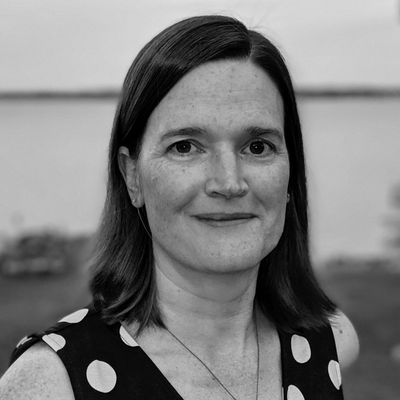ABOVE: Svante Pääbo © Karsten Möbius
Svante Pääbo has won the Nobel Prize in Physiology or Medicine “for his discoveries concerning the genomes of extinct hominins and human evolution,” the Nobel Assembly announced today (October 3). The Swedish-born Pääbo, who is affiliated with the Max Planck Institute for Evolutionary Anthropology (EVA) in Germany, is known for his work on sequencing DNA from ancient humans and our extinct cousins. The Nobel announcement credits Pääbo’s work with establishing a new scientific discipline, paleogenomics.
“His work has revolutionised our understanding of the evolutionary history of modern man,” says Martin Stratmann, president of the Max Planck Society, in a press release. “Svante Pääbo, for example, demonstrated that Neanderthals and other extinct hominids made a significant contribution to the ancestry of modern man.”
See “What’s Old Is New Again”
DNA degrades relatively quickly, and so researchers often struggle to purify and analyze fragments of the molecule from remains that are thousands of years old. In 1985, Pääbo himself published a genetic analysis of an ancient Egyptian mummy that he would later say had been contaminated with traces of modern DNA. In their announcement, representatives of the Nobel Assembly credited Pääbo with implementing more rigorous methods for avoiding such contamination.
See “The Zombie Literature”
In 1997, Pääbo joined the newly established EVA. The same year, he and colleagues reported extracting and sequencing mitochondrial DNA from a Neanderthal specimen. They compared the sequence with that of chimpanzees and modern humans, and found that their sample was genetically different from both. In 2010, he and collaborators published a Neanderthal genome sequence.

Also in 2010, Pääbo led a research group that extracted and analyzed mitochondrial DNA from a fingerbone found in the Denisova Cave in Siberia. The work led to the identification of the Denisovans—marking the first time that a new species of hominin was identified on the basis of DNA alone. He and his colleagues would later uncover genetic evidence that, tens of thousands of years ago, Neanderthals hybridized both with modern humans and with Denisovans. Traces of both species’ DNA live on in human genomes today.
“The work that Svante and his group did completely transformed the way we see our origins, because we were for the first time ever able to actually quantify how these groups interacted and whether there has been any clear interbreeding between them,” says Bence Viola, a paleoanthropologist at the University of Toronto who worked with Pääbo on the Denisovan genome.
See “Neanderthal DNA in Modern Human Genomes Is Not Silent”
More recently, Pääbo’s group has incorporated Neanderthal DNA into brain organoids to investigate how the species’ brains might have differed from those of modern humans. He and a colleague also reported that a suspected genetic risk factor for severe COVID-19 was inherited from Neanderthals.
“Svante has an extraordinarily clear mind! This shows in the way he thinks through results but also in the way he writes,” says Kay Prüfer, an archaeogeneticist at the EVA, in an email to The Scientist. “I know that many of the researchers who had the opportunity to work with him ‘channel their inner Svante’ when they write. Svante also pays a lot of attention to providing a great work environment where everyone can develop, work together and go after big questions.”
“We are, of course, all absolutely delighted at the news and the recognition that this award provides of Svante’s foundational innovations in the field of ancient DNA, and of the insights his work has provided into Neandertals, Denisovans, and the complex history of modern humans,” writes Janet Kelso, a frequent collaborator of Pääbo’s at the EVA, in an email to The Scientist. “His efforts laid the groundwork for what is now a flourishing field with many contributors worldwide. . . . He has been a generous mentor and a good friend, and I have learned a tremendous amount from him about doing science in an open and collegial way.”
According to STAT, Pääbo’s father, Sune Bergström, was awarded the Nobel Prize in Physiology or Medicine for hormone research in 1982, making Pääbo part of the third parent-child pair to win that prize.







